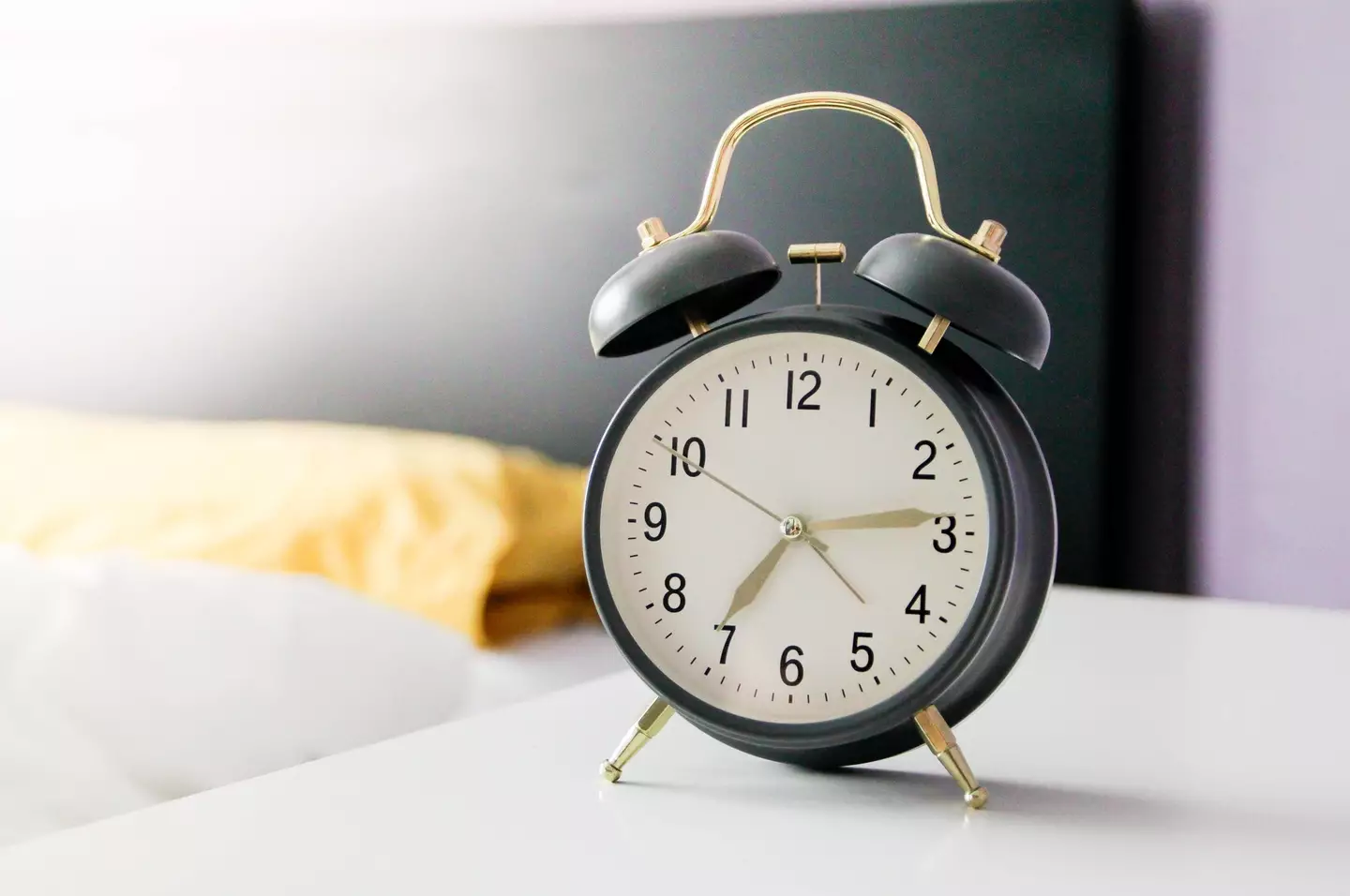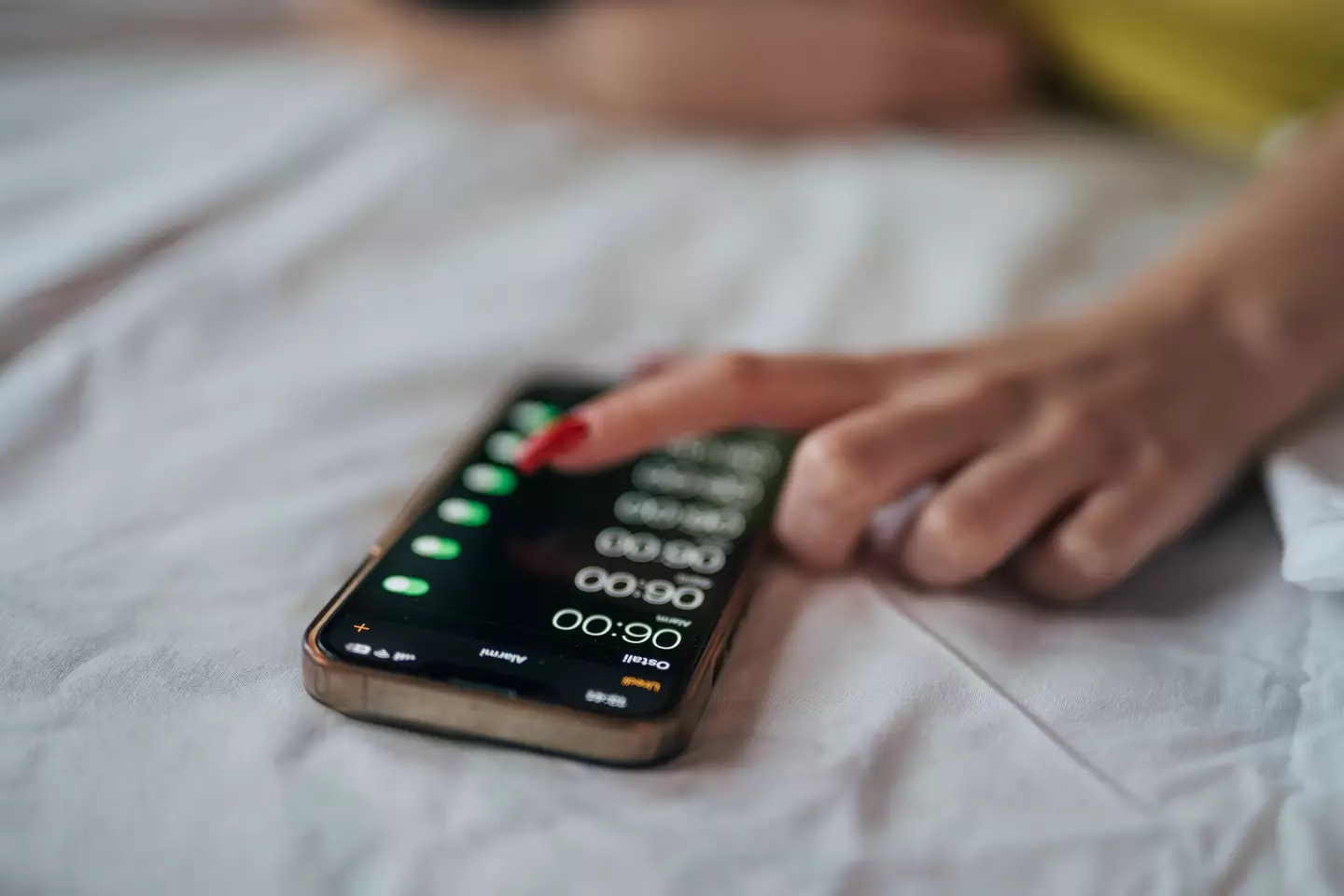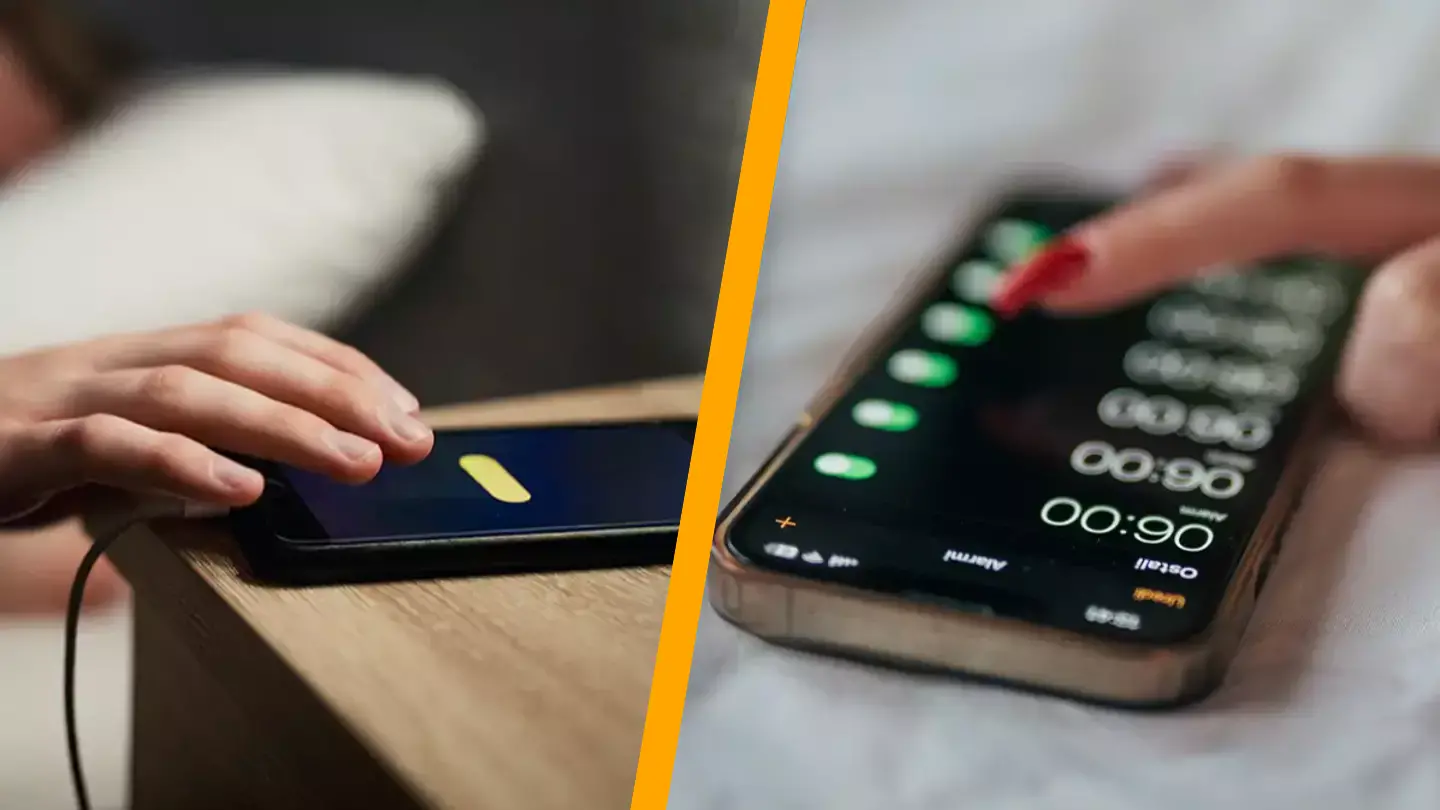For those who often find themselves hitting snooze in the morning, you might wonder why it’s set to nine minutes before the alarm goes off again.
While some people believe that using the snooze button simply delays the inevitable task of getting out of bed, others find it beneficial. Regardless, many would agree that nine minutes seems an arbitrary duration.
Interestingly, this nine-minute snooze is a standard across various alarm clocks, not just a singular model.
Though it might seem like an odd choice, there’s historical reasoning behind it dating back to the 1950s.
In 1956, General Electric-Telechron introduced the Snooze-Alarm, the first clock with a ‘snooze’ feature.
This model set the snooze duration to nine minutes due to technical constraints. Achieving an exact 10-minute delay was challenging because the clock’s gear teeth couldn’t align precisely, thus resulting in either slightly less or more than 10 minutes.

Though some view snooze alarms as a hindrance, they can be advantageous if used correctly.
According to Brooklyn Bedding, using the snooze function to gradually wake up rather than falling back into a deep slumber can be beneficial.
The problem arises when the snooze button is repeatedly pressed, potentially leading to sleep inertia—characterized by feelings of grogginess and disorientation upon waking.
If you heavily depend on the snooze button due to poor sleep, there are pre-sleep strategies that could assist you.
Sleep experts suggest the 10-3-2-1-0 routine: ten hours before sleep, eliminate caffeine intake.

It is recommended to stop eating three hours before bed, particularly avoiding fried foods.
Two hours before sleeping, put aside any work-related tasks.
Similarly, an hour before bedtime, it’s best to avoid electronic devices that emit blue light, like cellphones.
The “0” stands for zero times hitting the snooze button because a restful night will leave you refreshed upon waking.
Moreover, it’s advised to resist the urge to hit ‘snooze’ even when fatigued, as research indicates that habitual snoozers might have increased resting heart rates and lighter sleep preceding waking.

